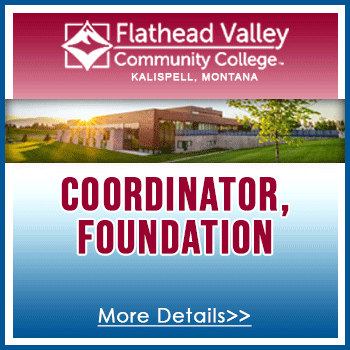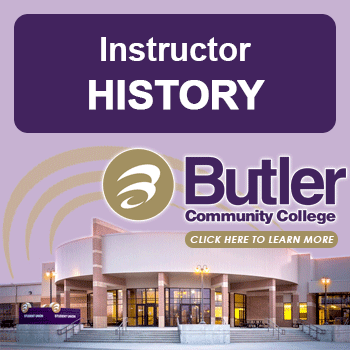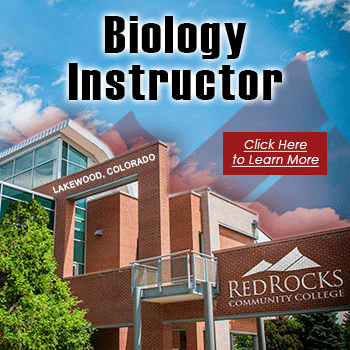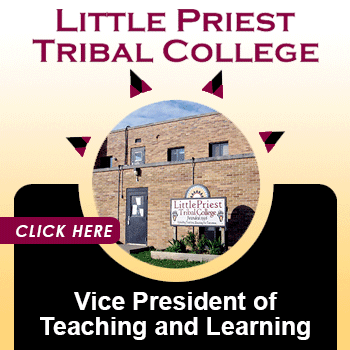
Post-Doctoral Associate- Soil Erosion
Job Description
Full job description
Post-Doctoral Associate
Job Code: 9546
Percent Time: 100%
Anticipated Initial Appointment Period: July 1, 2024 – June 30, 2026
Supervisor of position: David Mulla
Collaborators: Brent Dalzell and Sarah Porter
Required Qualifications: Ph.D. in Ag and Biosystems Engineering with five years of experience in (1) soil erosion processes, (2) sediment export modelling by water, gully and wind erosion and/or (3) soil and water conservation practice modeling with the Daily Erosion Project (DEP) and Ag Conservation Planning Framework (ACPF).
Preferred Qualifications: Excellent verbal and written communication skills. Excellent ability for independent as well as collaborative research. Able to download, process and interpret MODIS and Sentinel-2 satellite imagery relevant to soil erosion and estimation of crop residue cover. Able to use Geographic Information Systems such as ESRI ArcGIS Pro to perform spatial operations on imagery and raster data such as reclassification, clipping, analysis, visualization and mapping. Ability to program in R studio for analysis to import, access, transform, explore, plot, and model data, and for machine learning to make predictions on data.
Position Summary:
Post-Doctoral Associates conduct research and/or service that provides further development of career skills or allows them opportunities to learn new research techniques. They are trained by and work in conjunction with a faculty mentor who determines the training agenda.
Positions are limited to a period of three to five years, depending on training needs. Post-Doctoral Associates receive training while also performing services for the University of Minnesota, for which they are compensated.
In this two-year applied research project, the Post-Doctoral Associate will further develop conservation practice models (e.g. ACPF and DEP) for improved prediction of soil loss by water and wind erosion in Minnesota and Iowa. These models and their outputs will be used to track and measure progress towards water quality goals outlined in the Minnesota and Iowa Sediment and Nutrient Reduction Strategies.
Specifically, the objectives of the scholar are to improve the ability of ACPF and DEP to accurately predict sediment and phosphorus loss to surface waters based upon updated input data and development of new simulation algorithms.
Ultimately, this research project will advance the soil and water conservation science, while also providing actionable information regarding effectiveness and implementation of soil and water conservation practices.
The successful candidate must manage data and metadata for the project, regularly report on project status, and complete other organizational duties as assigned in a professional and timely manner. The position will be funded initially for 2 years contingent upon satisfactory performance. The successful candidate will be mentored by University of Minnesota Professor David Mulla, project manager for the BWSR funded Operationalization of crop residue, cover cropping and Daily Erosion Project, and Dr. Sarah Porter, USDA-ARS, St. Paul, Minnesota.
Job Duties:
75% Modify and test the accuracy of using the Ag Conservation Planning Framework (ACPF) to identify site-specific locations suitable for implementation of soil and water conservation practices such as that reduce losses of sediment and phosphorus to surface waters in Minnesota and Iowa. Modifications could include updates to digital elevation model databases accessed by ACPF, and updates to effectiveness of various Best Management Practices (for example manure management practices, crop residue cover, and cover cropping) evaluated by ACPF-compatible tools
25%% Modify the Daily Erosion Project (DEP) to provide estimates for soil loss by wind erosion processes in Minnesota and Iowa. Modifications could include writing new code for wind erosion that links existing wind erosion models (e.g. WEPS or SWEEP) with water erosion models such as WEPP. Modifications could also include incorporating satellite imagery-based estimates for crop residue cover, cover cropping, and row crop orientation into DEP on an annual basis to improve the accuracy of soil loss estimates from one year to the next based on changes in agricultural management practices.
The mission of the Department of Soil, Water, and Climate is to advance the understanding of Earth system processes and the interaction among land, atmosphere, and water. Through research, teaching, and outreach we seek to:
- Improve and protect the quality of soil, air, and water resources in natural and managed ecosystems;
- Enhance agricultural and forest productivity and sustainability;
- Predict and mitigate impacts of environmental and climate change on ecosystems and society; and
- Provide science based knowledge for improved decision making and a better informed citizenry.
Applications must be submitted online. To be considered for this position, please click the Apply button and follow the instructions. You will be given the opportunity to complete an online application for the position and attach a cover letter and resume.
Additional documents may be attached after application by accessing your "My Job Applications" page and uploading documents in the "My Cover Letters and Attachments" section.
To request an accommodation during the application process, please e-mail employ@umn.edu or call (612) 624-8647.
The University recognizes and values the importance of diversity and inclusion in enriching the employment experience of its employees and in supporting the academic mission. The University is committed to attracting and retaining employees with varying identities and backgrounds.
The University of Minnesota provides equal access to and opportunity in its programs, facilities, and employment without regard to race, color, creed, religion, national origin, gender, age, marital status, disability, public assistance status, veteran status, sexual orientation, gender identity, or gender expression. To learn more about diversity at the U: http://diversity.umn.edu
Any offer of employment is contingent upon the successful completion of a background check. Our presumption is that prospective employees are eligible to work here. Criminal convictions do not automatically disqualify finalists from employment.
The University of Minnesota, Twin Cities (UMTC)
The University of Minnesota, Twin Cities (UMTC), is among the largest public research universities in the country, offering undergraduate, graduate, and professional students a multitude of opportunities for study and research. Located at the heart of one of the nation's most vibrant, diverse metropolitan communities, students on the campuses in Minneapolis and St. Paul benefit from extensive partnerships with world-renowned health centers, international corporations, government agencies, and arts, nonprofit, and public service organizations.
At the University of Minnesota, we are proud to be recognized by the Star Tribune as a Top Workplace for 2021, as well as by Forbes as Best Employers for Women and one of America’s Best Employers (2015, 2018, 2019, 2023), Best Employer for Diversity (2019, 2020), Best Employer for New Grads (2018, 2019), and Best Employer by State (2019, 2022).
*Please mention you saw this ad on AsiansInAcademia.*
Be Seen By Recruiters at the Best Institutions
Create a FREE Profile to be Seen!






